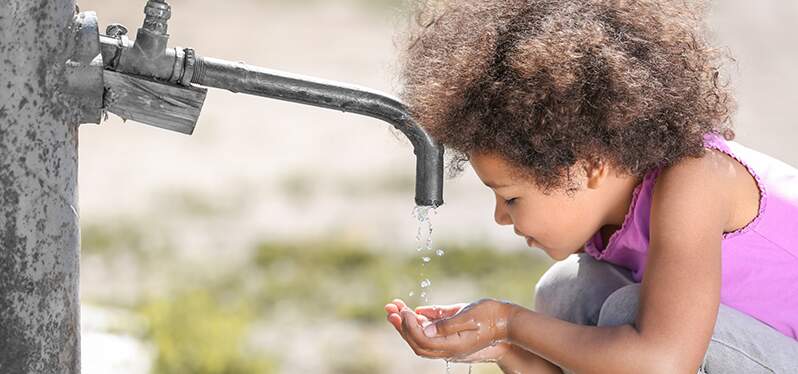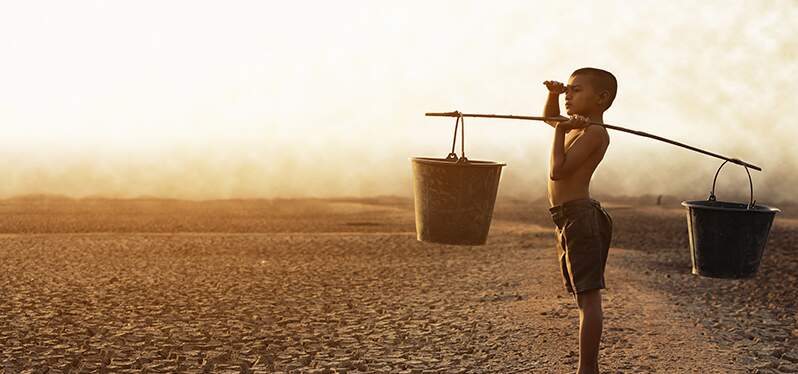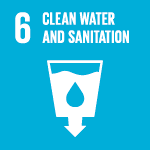Posted in: 03/22/2023
Access to water is part of human rights, but the incorrect and unsustainable use of this natural resource, together with climate change and social inequalities , has generated scarcity for the world’s population.
The number of people facing shortages is expected to increase in the coming years. The forecast is that by 2050, 1.7 to 2.4 million people could be impacted by scarcity , according to the United Nations World Report on Water Resources Development 2023 , by UNESCO in partnership with UN Water, with the theme Partnerships and cooperation for water .

The number of people without access to clean water is also alarming, reaching 2 billion, that is, 26% of the world’s population . What has impacted the level of water stress worldwide, when the demand for water per inhabitant is greater than the supply, especially in the most vulnerable regions of the planet :
But the report points out that partnerships and cooperation tend to produce positive results, as from involvement and inclusive dialogue, people who are not heard gain a voice, ensuring that no one is left behind . In addition, the fulfillment of the human rights of access to water and sanitation can be ensured .
Brazil has the largest freshwater reserve in the world , about 12% of the total, and more than half of South America’s water resources, reaching 53% . However, not all Brazilian men and women have access to these resources. In some municipalities, less than half of the population has access to potable water , according to the Trata Brasil Institute , they are: Macapá (36.60%); Ananindeua (33.79%); Marabá (32.89%); Porto Velho (26.05%).
This lack of access to water impacts the health of the population, which makes it more vulnerable to disease, increases conflicts , affects people’s education and productivity . Therefore, public policies are needed to guarantee the right to water.
The Basic Sanitation Legal Framework , approved in 2020, has goals, such as drinking water, sewage collection and treatment, with the aim of promoting the universalization of water .

In addition, a Parliamentary Front for the Promotion of Basic Sanitation was created, which aims to raise awareness among the population and promote urban sustainability policies , taking care to consider environmental, cultural, economic and social issues.
Brazilian data indicate that there is still a long way to go for everyone to have access to water, but those who have access can use it sustainably, as indicated in the Practical Guide for the Use of Water Resources , developed by Synergia .
The UN started this Wednesday, March 22, and World Water Day, the Water Conference . The event, which brings together authorities from around the world, will discuss the increase in floods , drought and how climate change impacts water resources.
The main objective of the meeting is to launch the Water Agenda , with voluntary commitments from governments, institutions and local communities. And it will help achieve global water – related goals and objectives .

Sign up and receive our news.